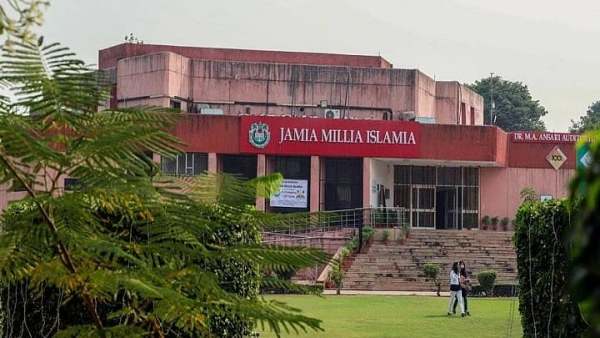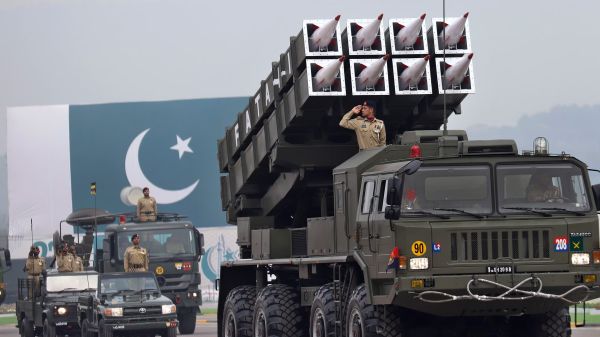
India’s decision to abstain from the International Monetary Fund (IMF) Executive Board vote on approving a fresh loan package for Pakistan has prompted significant geopolitical and economic speculation. While New Delhi’s stance did not block the disbursement, it raised critical questions about the effectiveness and accountability of repeated financial assistance to Islamabad.
On May 9, the IMF Executive Board approved the immediate release of approximately $1 billion to Pakistan under the Extended Fund Facility (EFF). This brought total disbursements under the programme to about $2.1 billion. The Board also cleared a separate $1.4 billion arrangement under the Resilience and Sustainability Facility (RSF) to help Pakistan build resilience against climate vulnerabilities and natural disasters. Yet, India stood apart—registering its opposition not through a “no” vote, which IMF procedures do not permit, but by abstaining.
Understanding IMF Voting Protocols
The IMF Executive Board comprises 25 Directors, each representing a member country or a group of countries. Decision-making is largely based on consensus, and voting shares are weighted based on a country’s economic size, unlike the United Nations system, where each member has one equal vote.
In rare instances when voting is required, Executive Directors can only vote “yes” or choose to abstain. There is no mechanism to cast a formal “no” vote, even in contentious decisions. This structure limits the ability of members like India to directly oppose IMF policies but still allows them to formally record their dissent.
India chose abstention as a means of objection under this framework, using it to highlight its serious reservations about Pakistan's economic governance and repeated reliance on IMF support without sustainable reform.
India’s Objections: Aid Without Accountability
India’s abstention was a pointed diplomatic message wrapped in procedural nuance. "Pakistan has been a prolonged borrower from the IMF, with a very poor track record of implementation and of adherence to the IMF’s program conditions. In the 35 years since 1989, Pakistan has had disbursements from the IMF in 28 years. In the last 5 years since 2019, there have been 4 IMF programs. Had the previous programs succeeded in putting in place a sound macroeconomic policy environment, Pakistan would not have approached the Fund for yet another bail-out program. India pointed out that such a track record calls into question either the effectiveness of the IMF program designs in Pakistan or their monitoring or implementation by Pakistan," the Indian finance ministry said via an official release.
In its objection, India underscored that Pakistan’s military continues to exert significant control over economic affairs, a situation which impedes transparency, limits civilian oversight, and threatens policy stability. A 2021 United Nations report described military-owned businesses as Pakistan’s “largest conglomerate”—a situation that remains unchanged.
India also voiced concerns about the reputational risks to international financial institutions stemming from continued support to a country accused of state-sponsored terrorism. “While the concern that fungible inflows from international financial institutions, like the IMF, could be misused for military and state-sponsored cross-border terrorist purposes resonated with several member countries, the IMF's response is circumscribed by procedural and technical formalities,” the ministry noted.
The official statement added, “This is a serious gap highlighting the urgent need to ensure that moral values are given appropriate consideration in the procedures followed by global financial institutions.”
India also cited a recent uptick in terrorist violence, including a deadly attack in Kashmir’s Pahalgam on April 22 that claimed 26 lives, to underline its apprehensions about the misuse of international aid by Islamabad.
-
Amid ongoing India-Pakistan tension, Anushka Sharma recalls her dad fighting the Kargil war: ‘My mom would get…’

-
Jamia Millia Islamia Reschedules Entrance Tests for J&K Students Amid India-Pakistan Tensions

-
CBSE Result 2025 Updates: CBSE Class 10th, 12th Results Likely To Be Announced By Next Week

-
19-Year-Old Hyderabad Student Booked For Hateful Comments On Operation Sindoor

-
Pakistan Initiates 'Operation Bunyan Ul Marsoos' Against India Amid Rising Tensions; Understand Its Significance, Objectives, & More
